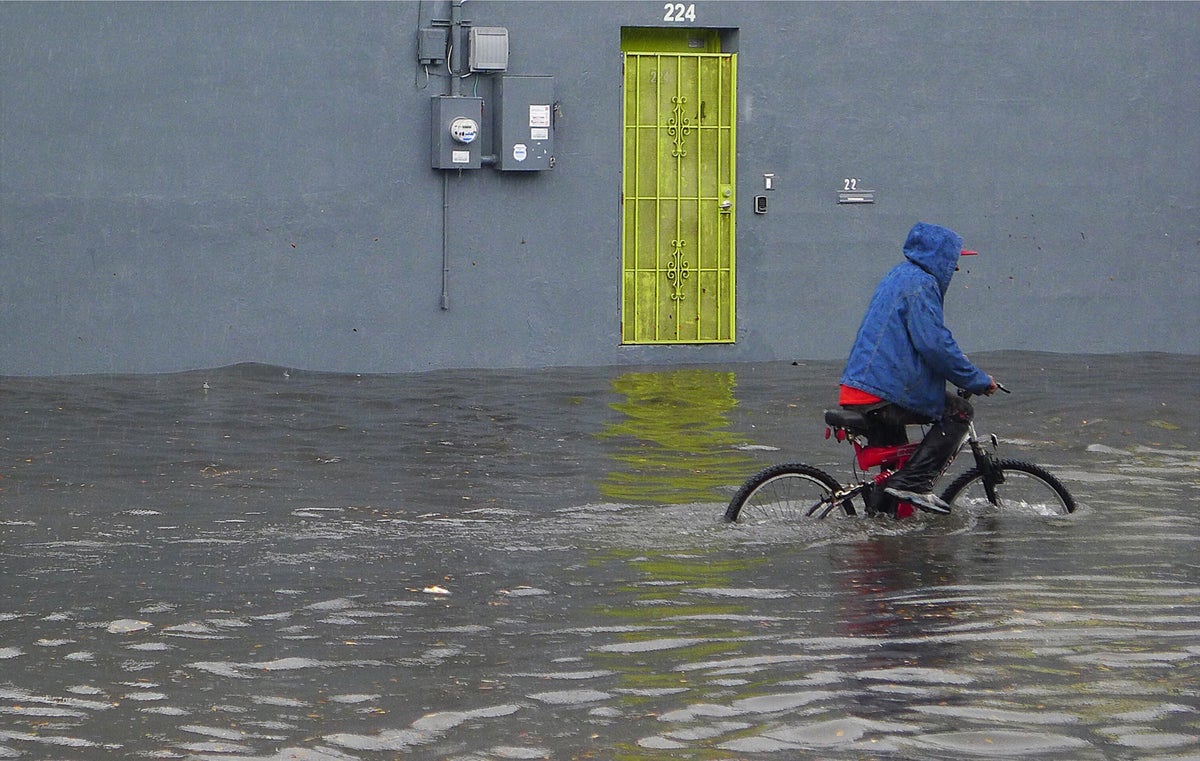- Joined
- Jul 19, 2011
- Messages
- 43,500
- Reaction score
- 32,349
- Location
- TN
- Gender
- Female
- Political Leaning
- Other
I've seen the damage left behind after Katrina/Rita and Ike as a disaster volunteer. We also lived in Florida during Irma.
My heart goes out esp to those living in mobile homes.
Buckle up, hurricanes are to be feared.
So are tornadoes.
My heart goes out esp to those living in mobile homes.
Buckle up, hurricanes are to be feared.
So are tornadoes.

